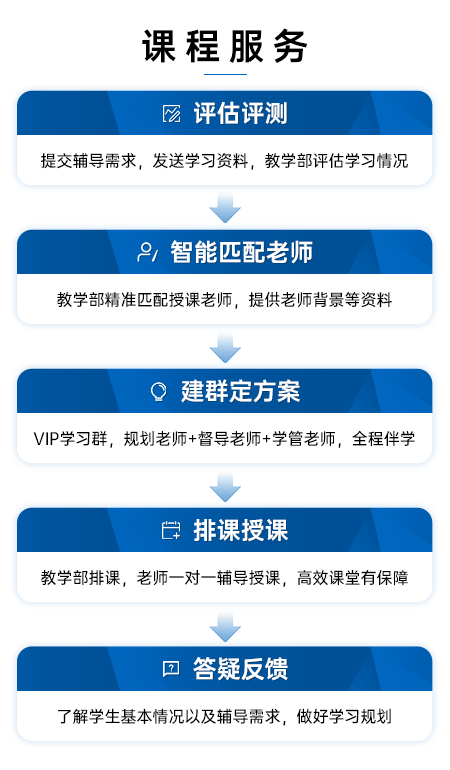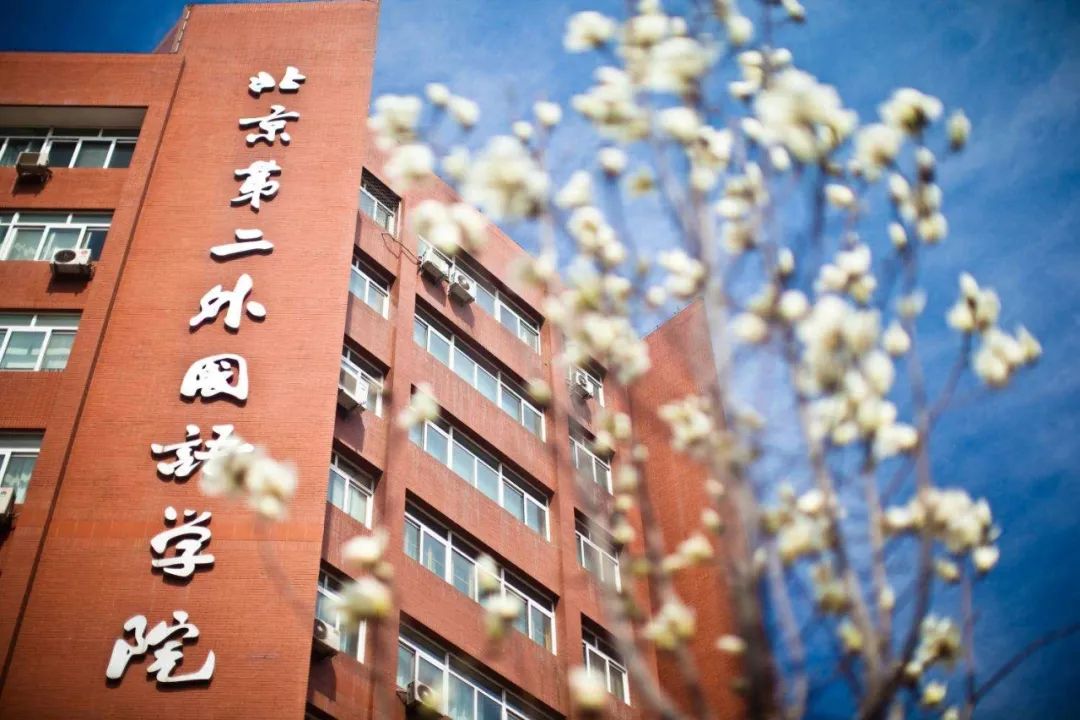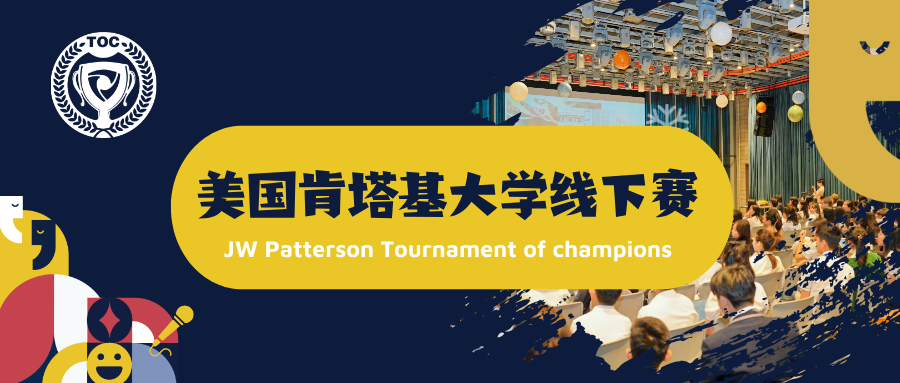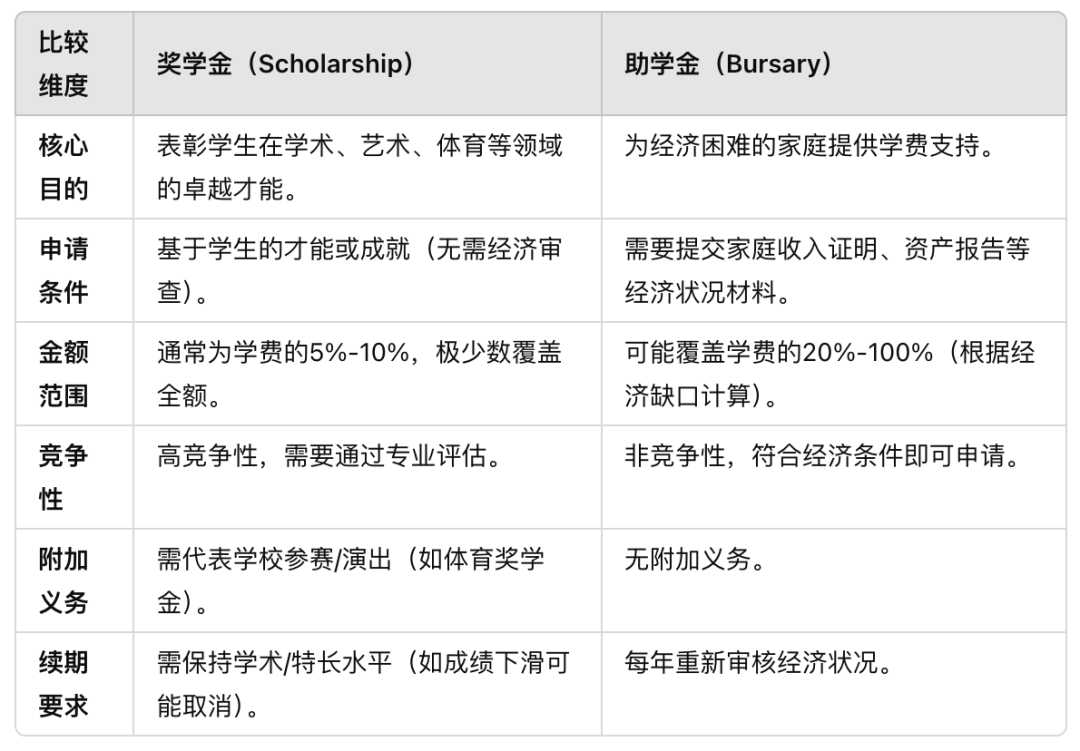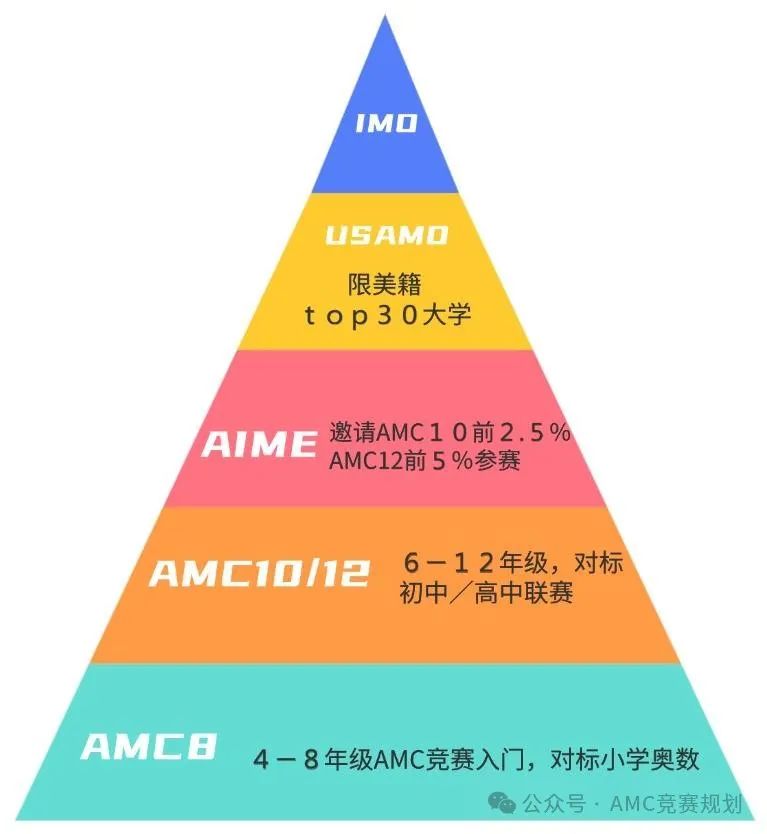01、辩题背景
对一次性塑料产品的过度使用和处理问题已经引起了全球的关注。据联合国环境规划署的数据,每年全球生产约300万吨塑料,其中一半用于一次性物品。
什么是一次性塑料?
What Are Single-Use Plastics?
Put simply, single-use plastics are goods that are made primarily from fossil fuel–based chemicals (petrochemicals) and are meant to be disposed of right after use—often, in mere minutes. Single-use plastics are most commonly used for packaging and serviceware, such as bottles, wrappers, straws, and bags.
美国是全球塑料消费率最高的国家之一。
Plastic pollution was first recognized in the mid 1900s when plastic debris was beginning to be found in our oceans. Since then, plastic production has increased, but so have efforts to combat the use of plastic. However, every year around 400 million tons of plastic is produced globally. Convenience is one of the main reasons keeping plastic alive. It’s cost-effective, water resistant, and durable. However, single-use plastics (straws, plastic bottles, utensils, etc.) are discarded too easily, carelessly ending up in the streets and natural spaces where they break down into microplastics and pose a toxic threat to ecosystems, wildlife, and humans. The U.S. has one of the highest plastic consumption rates in the world. Plastic has integrated itself in our society in such a way that even though we are now aware of its harmful effects on the environment, removing even single-use plastics is proving a challenge. However, with raising awareness and implementation of plastic bans, there has been improvement among the states towards a cleaner and safer future.
在美国,一些州和地方已经开始采取行动,禁止或限制一次性塑料的使用。
Currently, the U.S. has not placed a single-use plastic ban on a federal level, but this responsibility has been taken up by states and cities. Connecticut, California, Delaware, Hawaii, Maine, New York, Oregon, and Vermont have all placed bans on plastic bags. San Francisco was the first city to completely ban plastic bags in 2007. The rest of California implemented their plastic bag ban in 2014, and since then there has been a 70% reduction in plastic bag usage within the state. However, you can still find plastic bags in grocery stores, as rules have not been properly enforced over the past few years. New York faces a similar situation, as plastic bags were banned in the state in 2020 but some businesses still continue to distribute them; again mostly due to lax enforcement of pollution rules. Some of this can be attributed to COVID-19, which complicated efforts towards reducing plastic usage. The surge in gloves, masks, and other PPE have been detrimental to the health of our oceans. Since the beginning of the pandemic, oceans have seen more than 57 million pounds of COVID-related waste. On a brighter note, as the world is starting to recover from the effects of the pandemic, attention is returning to the effects of plastic on the environment, with stricter enforcement. The pandemic has brought to attention once again how serious the plastic pollution problem is, and the many pollution reduction policies that have been suspended or postponed are being put into effect again.
Photo by Brian Yurasits on Unsplash
02、支持正方的相关观点和论文:
观点
1、禁止使用一次性塑料不仅可以减少污染,还可以减少对导致全球气候变化的塑料生产的需求。除了这些影响之外,禁令还具有文化影响。公司被迫创新、重新思考其设计并采购可持续材料。
What do the bans accomplish? They prevent millions of tons of plastic from entering the waste stream each year. And when it comes to waste that lasts forever, every ton counts. In New York, 23 billion plastic bags are used by residents each year. Not only does banning single-use plastic reduce pollution, but it also reduces demand for plastic production that’s contributing to global climate change. But beyond these impacts, the bans have cultural effects. Companies are forced to innovate, rethinking their designs and sourcing sustainable materials. And they help shift consumer mind-sets, as people begin to recognize that exorbitant and avoidable waste is not sustainable.
2、禁止使用塑料袋将节省全球 4% 的石油消耗。全球回收率估计仅为 1%,因此必须禁止塑料袋。
Banning plastic bags will save 4% of global oil consumption (Thompson et al., 2009).
Plastic bag ban is necessitated by low global recycling rate estimated at 1% (Rivers et al., 2017).
3、在美国,科罗拉多州已经在2024年开始禁止使用塑料购物袋和聚苯乙烯外卖容器。
Gather your reusable bags, because single-use plastics are out. Starting January 1, polystyrene, or Styrofoam, to-go containers and plastic grocery bags will be banned in most large retail and food establishments statewide, including many grocery stores and restaurants.
4、美国内政部表示,到2032年,一次性塑料制品将逐步退出国家公园和部分公共土地。
Looking to the future, the U.S. Interior Department has stated that by 2032, single-use plastic products will be phased out of national parks and some public lands. Around 480 million acres of federal land will be under this new legislation. In an attempt to carry this out, the department is working to set up their plan of action, including installing more water fountains and influencing unsustainable public behavior for the better. This is predicted to reduce around 14 million tons of plastic that ends up in our oceans.
论文
一、Considerations for plastic bag bans.
塑料袋禁令的考虑因素。
Environmental factors 环境因素
1、About 50% of SUPBs are discarded after only single use, causing air, land and water pollution (Clapp and Swanston, 2009; Mathalon and Hill, 2014; Xing, 2009).
约 50% 的 SUPB 仅使用一次后就被丢弃,造成空气、土地和水污染(Clapp 和 Swanston,2009;Mathalon 和 Hill,2014;Xing,2009)。
2、An estimated 8.4 million tonnes of plastic bag litter contaminate oceans every year; 46,000 plastic fragments float per each square mile of the ocean (Jambeck et al., 2015; UNEP, 2018a).
据估计,每年有 840 万吨塑料袋垃圾污染海洋;每平方英里海洋中漂浮着 46,000 个塑料碎片(Jambeck 等人,2015 年;联合国环境规划署,2018a)。
3、SUPBs take over 500 years to biodegrade and this constrains landfill capacity (Karlaite, 2016; Oyake-Ombis et al., 2015).
SUPB 需要 500 多年才能生物降解,这限制了垃圾填埋场容量(Karlaite,2016 年;Oyake-Ombis 等人,2015 年)。
Economic factors 经济因素
4、Cost of managing plastic bag litter is massive (Jambeck et al., 2015; Macintosh et al., 2018).
管理塑料袋垃圾的成本巨大(Jambeck 等人,2015 年;Macintosh 等人,2018 年)。
5、UK municipalities spend almost €18 million each year removing beach litter (Wagner and Broaddus, 2016).
英国市政当局每年花费近 1800 万欧元清除海滩垃圾(Wagner 和 Broaddus,2016)。
Social factors 社会因素
6、More than 200 species of marine animals are susceptible to ingest plastic debris in their life (Thompson et al., 2009).
超过 200 种海洋动物在其一生中容易摄入塑料碎片(Thompson 等,2009)。
7、17% of species affected by plastic entanglement and ingestion are listed as endangered (Gall and Thompson, 2015; Willis et al., 2018).
17% 受塑料缠绕和摄入影响的物种被列为濒危物种(Gall 和 Thompson,2015 年;Willis 等人,2018 年)。
二、Benefits of plastic bag bans.
塑料袋禁令的好处。
Economic benefits 经济效益
8、Prior to the lawsuits that outlaw the plastic bag ban, retailers in California were able to reduce estimated packaging costs of $140 million per year (UNEP, 2018a).
在宣布塑料袋禁令为非法的诉讼之前,加利福尼亚州的零售商每年估计可以减少 1.4 亿美元的包装成本(环境署,2018a)。
Environmental benefits 环境效益
9、The ban was effective in reducing the use of SUPBs in Rwanda. It was awarded the prestigious United Nations Scroll of Honour Award for its commitment to curb plastic bag litter (Larsen and Venkova, 2014).
该禁令有效减少了卢旺达 SUPB 的使用。它因其对遏制塑料袋垃圾的承诺而被授予著名的联合国荣誉奖(Larsen 和 Venkova,2014 年)。
Social benefits 社交好处
10、Promotion of reusable shopping bags created employment opportunities (Behuria, 2019; Larsen and Venkova, 2014).
可重复使用购物袋的推广创造了就业机会(Behuria,2019;Larsen 和 Venkova,2014)。
Photo by Brian Yurasits on Unsplash
03、支持反方的相关论点和论文
论点
1、禁止使用塑料袋将不可避免地使零售商付出更多的代价(每袋纸袋通常比塑料袋贵 15 至 20 美分左右),将损害小企业和低收入家庭的利益。
While banning plastic bags will inevitably cost retailers much more (paper bags are usually around 15 to 20 cents more per bag than plastic), it will also hurt small businesses and low-income families by costing them the same amount (Heisters, 2008). Although this may seem like a small price to pay, paying 20 cents more per bag with each grocery trip can really add up for families and individuals. Additionally, shoppers may start to take their business elsewhere (i.e. to stores that are outside a bag-banned region) which could hurt local, small businesses that depend on a steady stream of regular customers.
2、纸袋的生产需要大量的水和各种有毒化学品,并且比塑料袋产生的温室气体多近50%。
With a ban on single-use plastic bags in grocery stores, shoppers are inherently inclined to increase their usage of paper bags. Although paper bags will likely include a fee with a ban on plastic bags, many individuals will continue to use them if they routinely forget to bring along a cotton or reusable bag with them to the grocery store. Paper production requires a huge amount of water and a shockingly varied list of toxic chemicals, and emits nearly 50 percent more greenhouse gases than plastic production (World Counts, 2014). In addition, the act of producing paper obviously requires lots of trees, and as deforestation becomes an increasingly dire environmental issue, banning plastic may not do much to counteract it.
3、禁止塑料袋可能会导致消费者转向更糟糕的替代品,比如生物降解袋,这可能对气候、土壤、水污染和有毒排放的影响更大。
Evidence from previous plastic bag restrictions shows this does reduce their use, but sometimes leads to more environmental harm if customers switch to other materials with larger resource footprints.
Paper bags can require 400% more energy to make, not to mention the harvesting of trees and use of noxious chemicals in production. Growing cotton “requires land, huge quantities of water, chemical fertilisers and pesticides”.
4、塑料袋禁令对制造商产生负面影响。禁令会减少需求,并可能彻底摧毁制造商的业务。塑料袋禁令可能会导致制造商解雇员工甚至可能倒闭。这可能会对社区的就业率产生重大影响。
Plastic bag bans negatively impact manufacturers. Bans reduce the demand and can completely wipe out a manufacturer’s business. Plastic bag bans may cause a manufacturer to lay off employees or possibly even close down. This can have a significant impact on employment rates in a community.
论文
Unintended consequences of plastic bag bans.
塑料袋禁令的意想不到的后果。
Economic challenges 经济挑战
1、Job losses, disinvestment in the plastic industry. Internationally, ban was estimated to affect 62,000 companies, 1.45 million job losses and US$350 billion revenue loss (Karlaite, 2016).
失业、塑料行业投资减少。在国际上,禁令预计将影响 62,000 家公司、145 万个工作岗位以及 3,500 亿美元的收入损失(Karlaite,2016)。
2、Kenyan Association of Manufacturers reported a 60–90% job loss in the plastic industry (Behuria, 2019).
肯尼亚制造商协会报告称,塑料行业失业 60-90%(Behuria,2019 年)。
Hygienic problems 卫生问题
3、12 people were reported dead in San Francisco from E. coli, a foodborne bacteria related to the use of unwashed reusable shopping bags (Klick and Wright, 2012).
据报道,旧金山有 12 人死于大肠杆菌,这是一种与使用未清洗的可重复使用购物袋有关的食源性细菌(Klick 和 Wright,2012 年)。
Profiteering by retailers and entrepreneurs 零售商和企业家的暴利
4、Entrepreneurs such as Gahaya Links, Bonus industries and SRB Investments in Rwanda, Earthwise Bag Company in California, Bobmil Industries and RAMCO in Kenya were accused of profiteering from alternatives such as reusable bags (Behuria, 2019; Stephenson, 2018; Taylor and Villas-Boas, 2016).
卢旺达的 Gahaya Links、Bonus Industries 和 SRB Investments、加利福尼亚州的 Earthwise Bag Company、肯尼亚的 Bobmil Industries 和 RAMCO 等企业家被指控从可重复使用的袋子等替代品中牟取暴利(Behuria,2019 年;Stephenson,2018 年;Taylor 和 Villas-Boas) ,2016)。
Plastic bag black market 塑料袋黑市
5、Smuggling of plastic bags from countries without bans was reported in Rwanda, Kenya and Zimbabwe (Behuria, 2019; Chitotombe, 2014; Njeru, 2006).
据报告,卢旺达、肯尼亚和津巴布韦存在来自未实施禁令的国家走私塑料袋的情况(Behuria,2019 年;Chitotombe,2014 年;Njeru,2006 年)。
6、National governments losing tax revenue due to the growth of plastic bag black market (Behuria, 2019; Chitotombe, 2014; Taylor, 2019).
由于塑料袋黑市的增长,各国政府失去了税收收入(Behuria,2019;Chitotombe,2014;Taylor,2019)。
7、In Bangladesh, the ban was offset by the introduction of various types of plastic bags (Newmann et al., 2015; Synthia and Kabir, 2015).
在孟加拉国,该禁令被各种类型塑料袋的引入所抵消(Newmann 等人,2015 年;Synthia 和 Kabir,2015 年)。
Civil and industry disobedience 公民和行业不服从
8、Plastic bag ban led to 21.1% increase in shoplifting in Hawaii, California (Thompson, 2015).
塑料袋禁令导致加利福尼亚州夏威夷州的入店行窃行为增加了 21.1%(Thompson,2015)。
9、Lawsuits prohibited Indiana, Florida, Missouri, Iowa, Michigan, Minnesota, Arizona, Texas and Mississippi from implementing the ban (Nielsen et al., 2019; Stephenson, 2018).
诉讼禁止印第安纳州、佛罗里达州、密苏里州、爱荷华州、密歇根州、明尼苏达州、亚利桑那州、德克萨斯州和密西西比州实施该禁令(Nielsen et al., 2019;Stephenson, 2018)。
10、EuroCommerce, PlasticsEurope and Kenya’s National Environmental Authority lobbied against the plastic bag ban (Behuria, 2019; Knoblauch et al., 2018).
欧洲商务部、欧洲塑料协会和肯尼亚国家环境局游说反对塑料袋禁令(Behuria,2019 年;Knoblauch 等人,2018 年)。
美国藤校/亚太海外赛事时间表
亚洲学校辩论公开赛:1月20-21日
哥伦比亚大学邀请赛:1月26-28日
亚洲青少年辩论锦标赛:1月27-28日
伯克利国际议会邀请赛:2月3-4日
宾夕法尼亚大学精英赛:2月10-12日
斯坦福大学邀请赛:2月10-12日
哈佛大学锦标赛:2月17-19日
TOC Digital 辩论赛-2:2月24-26日
TOC Digital 辩论赛-3:3月8-10日
注:上述赛事所安排的时间,除报名系统中特别注明外所标时间均为主办方所在地区的当地时间。








